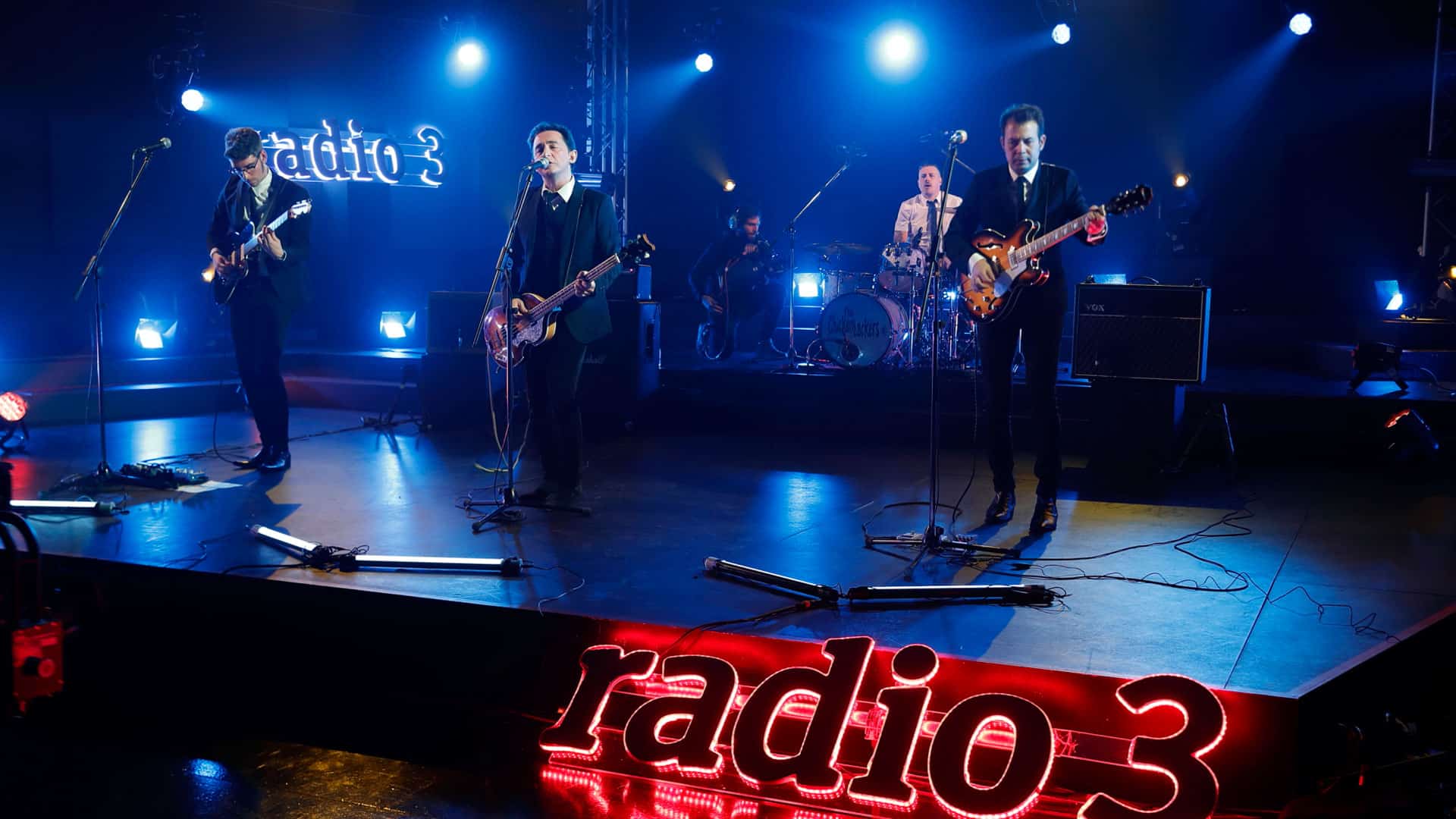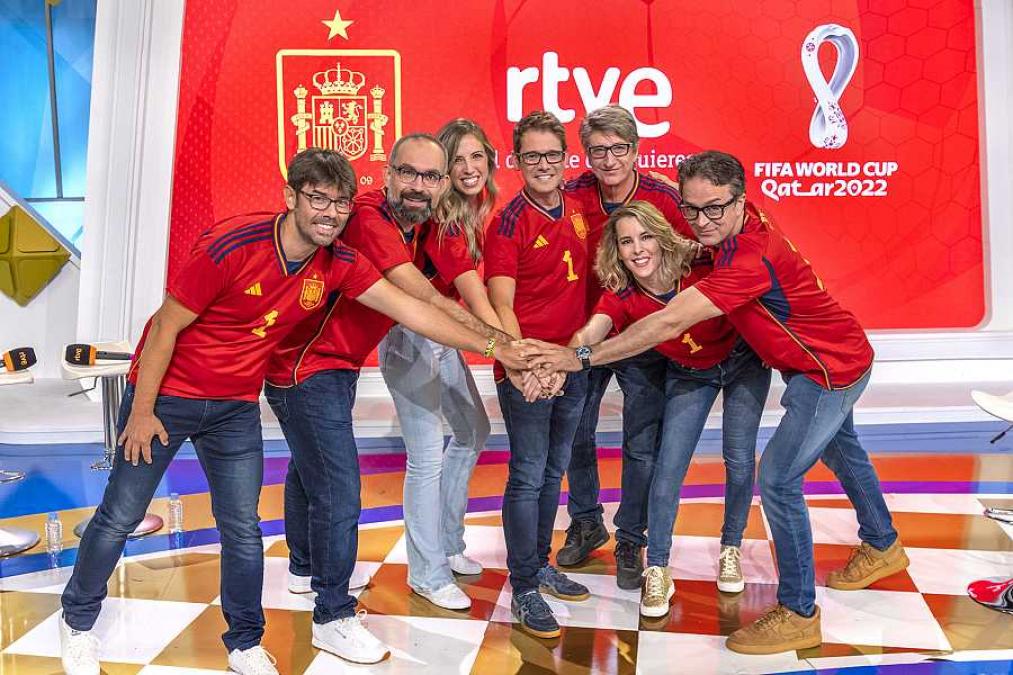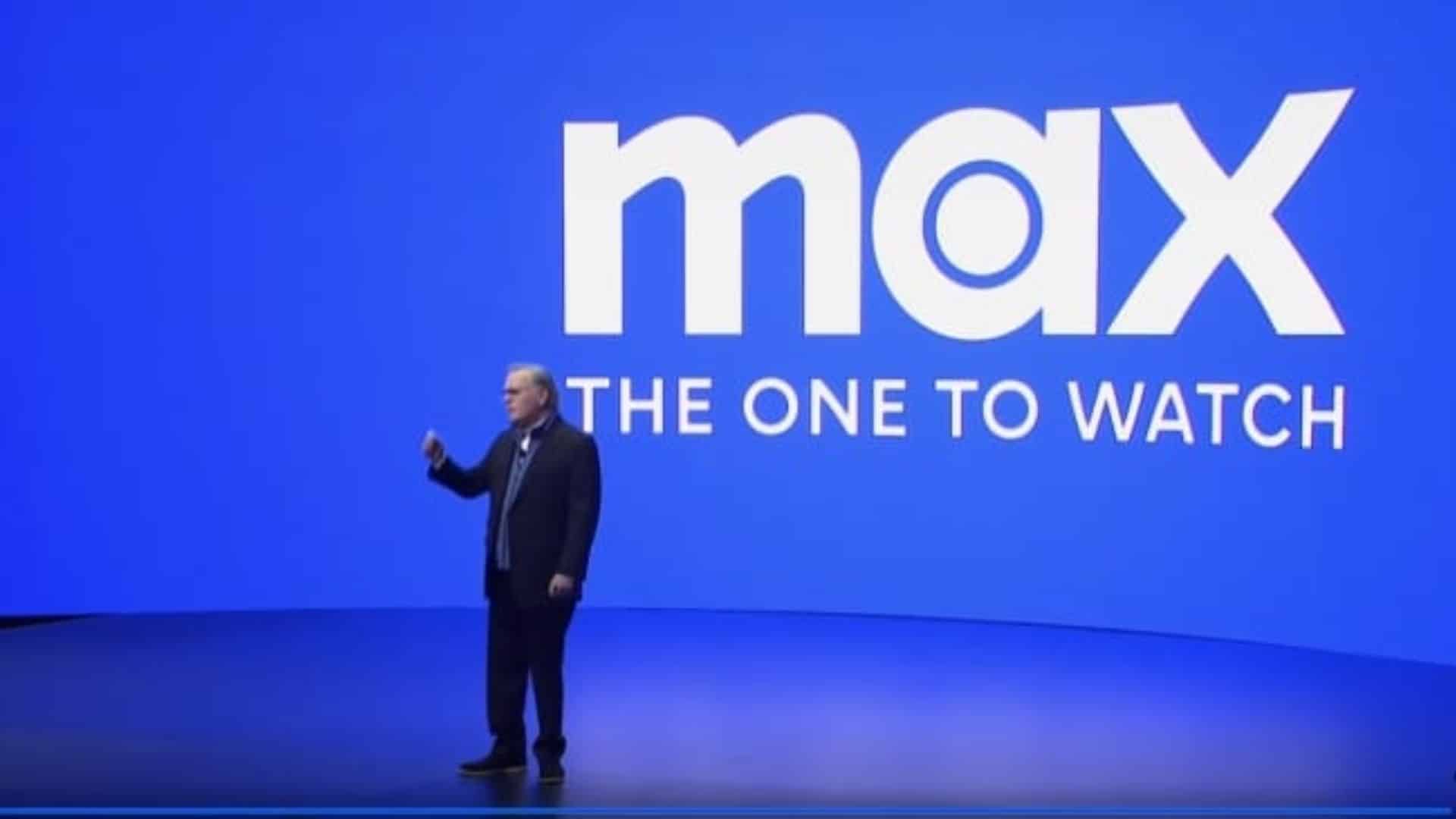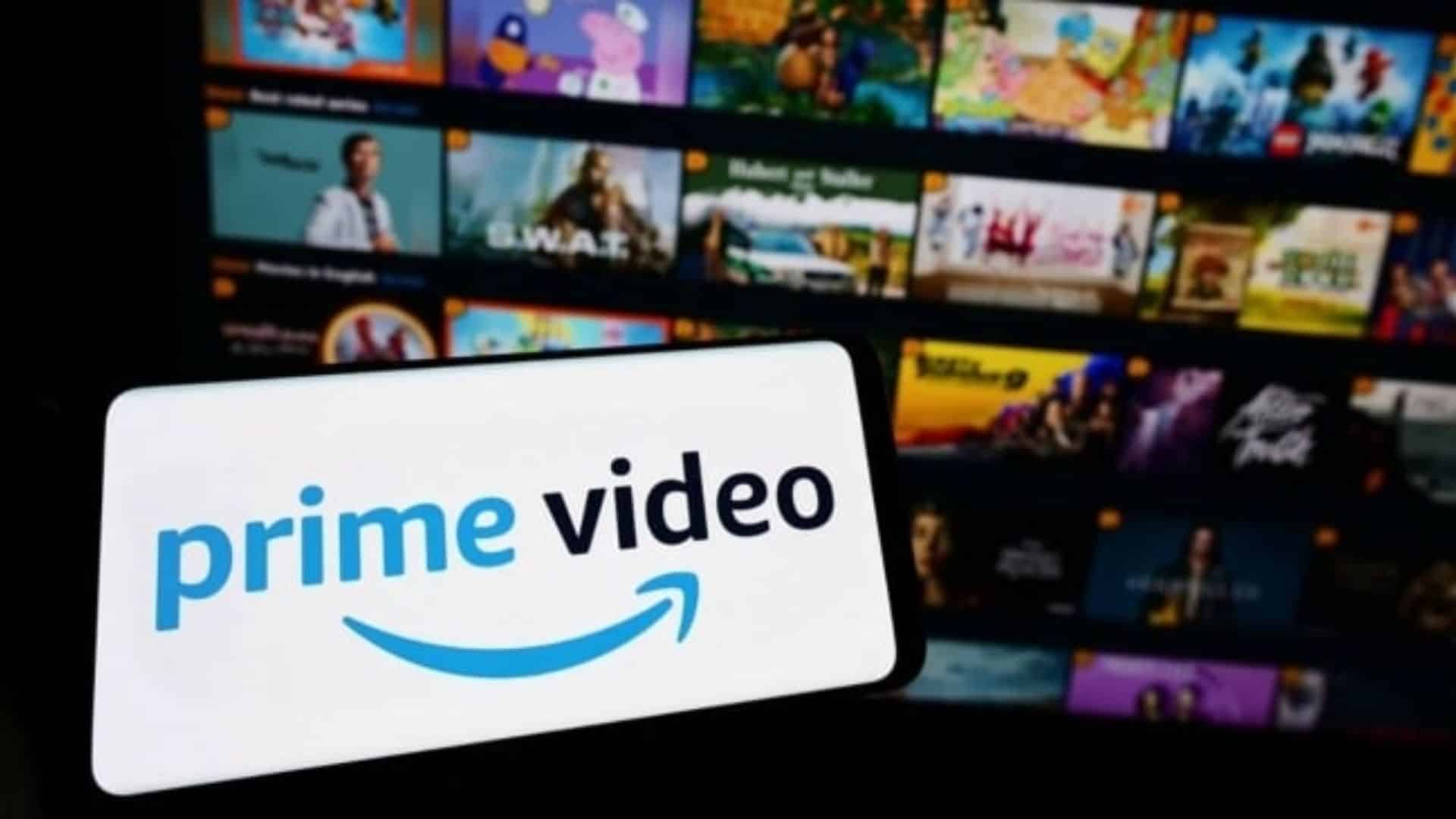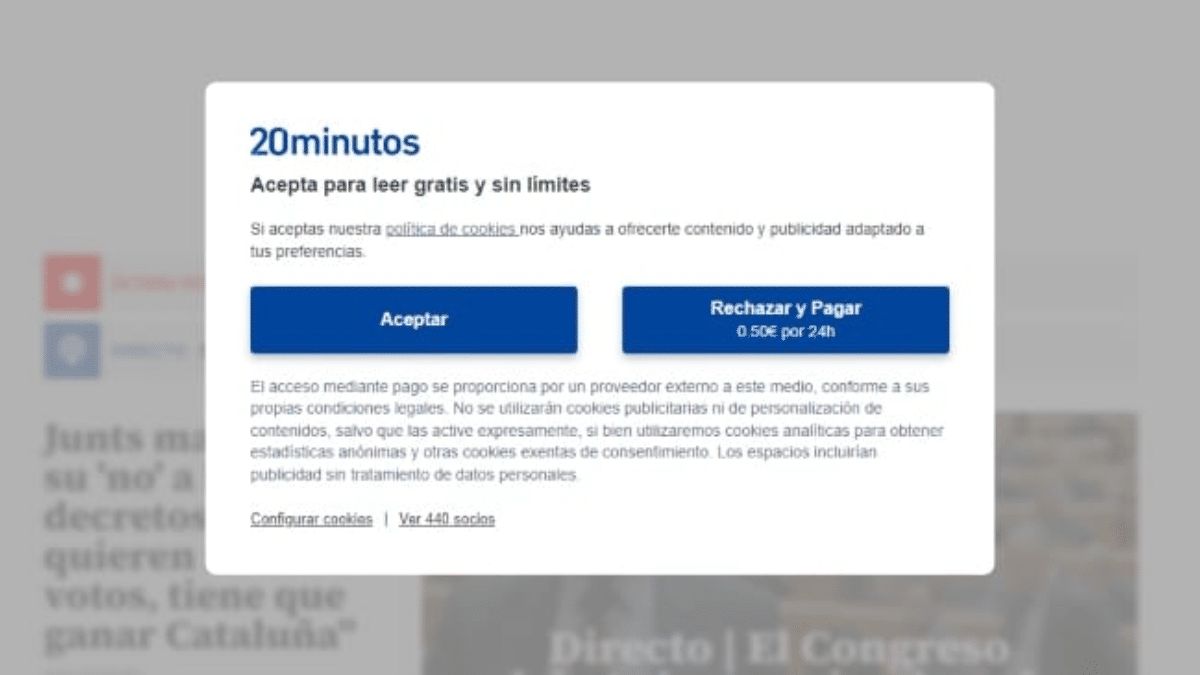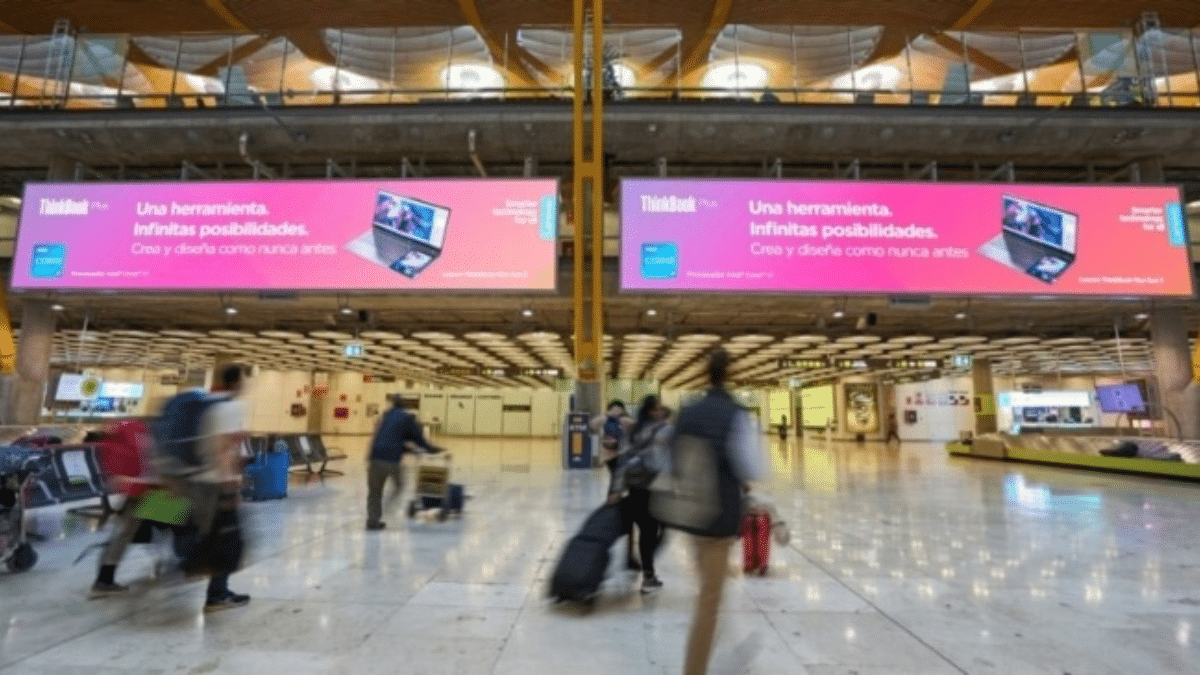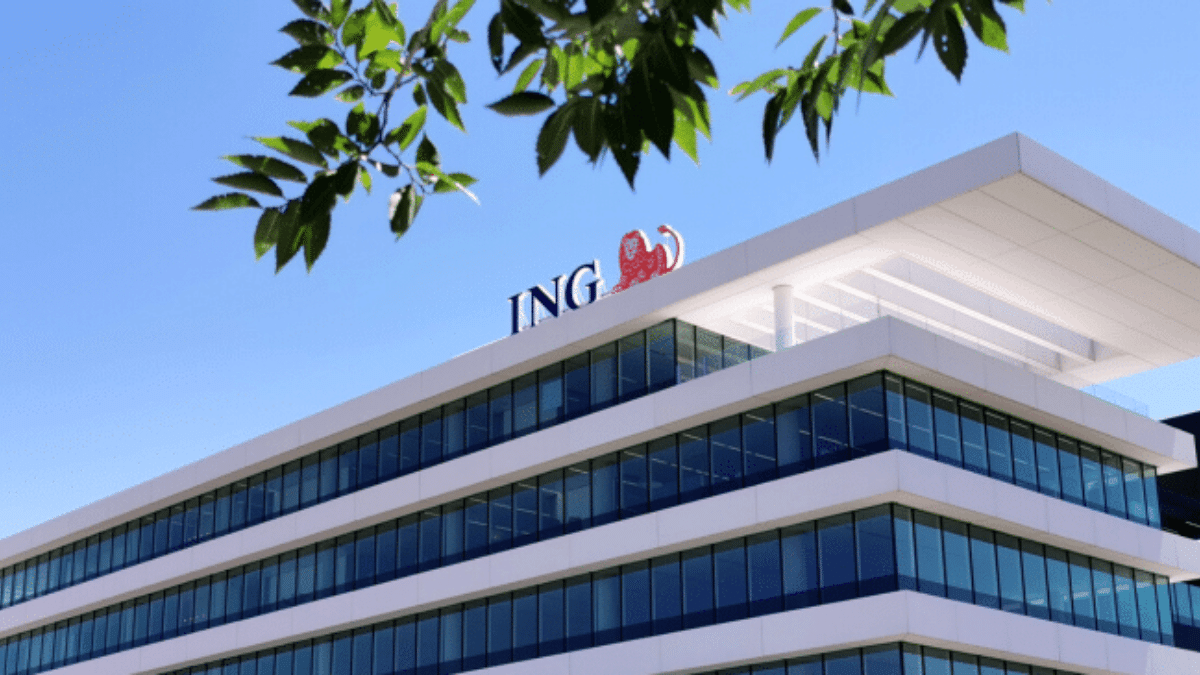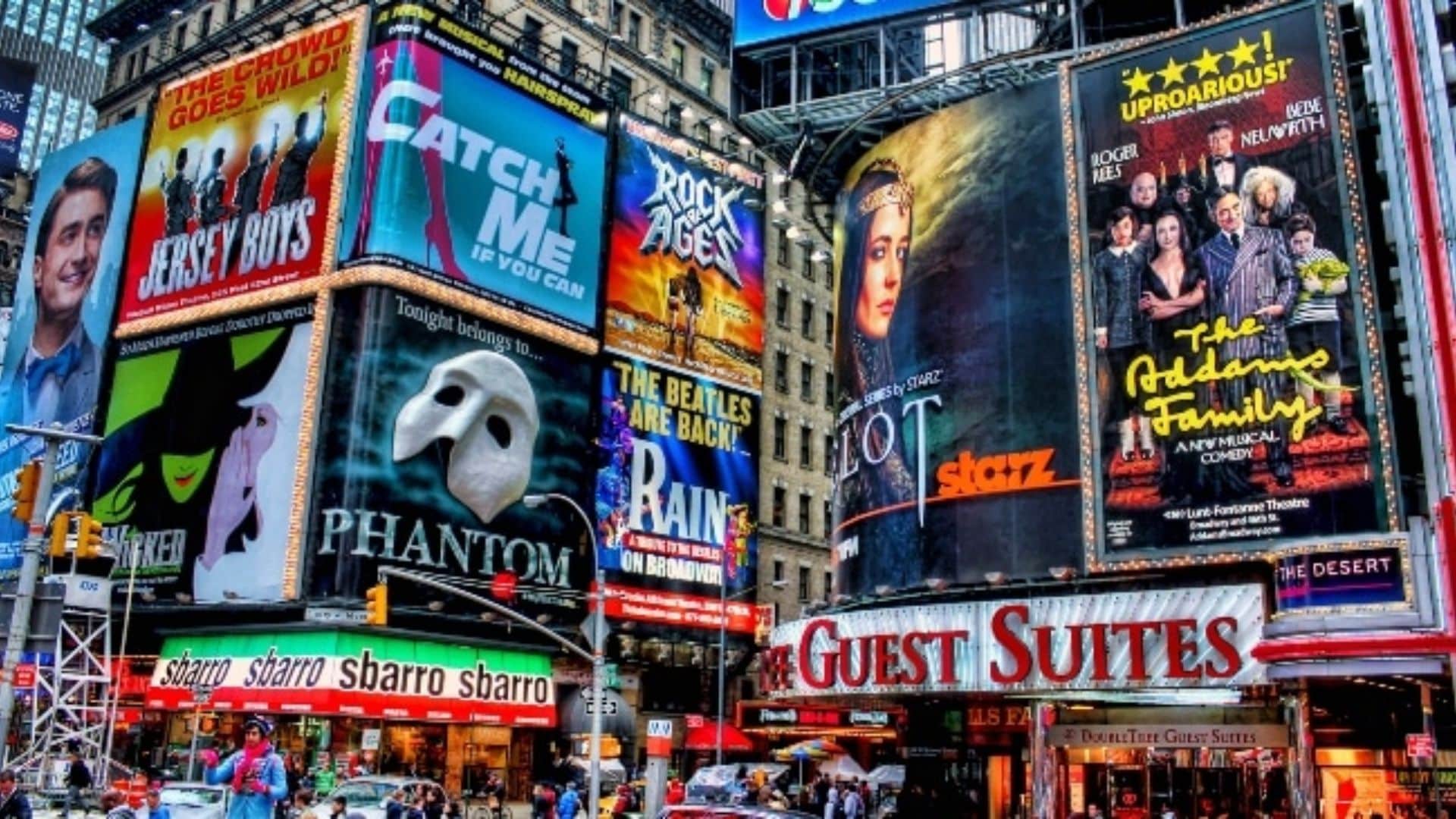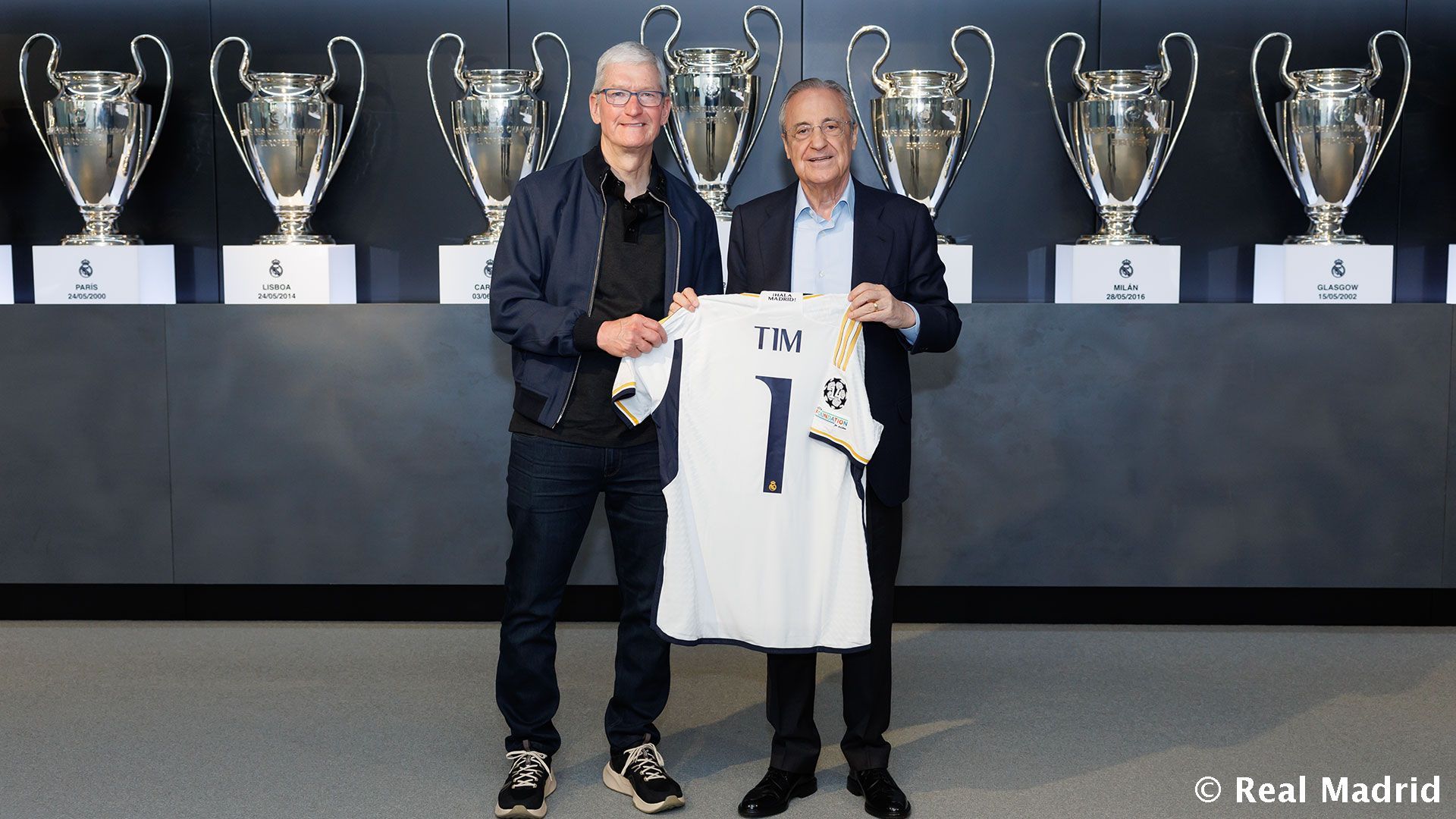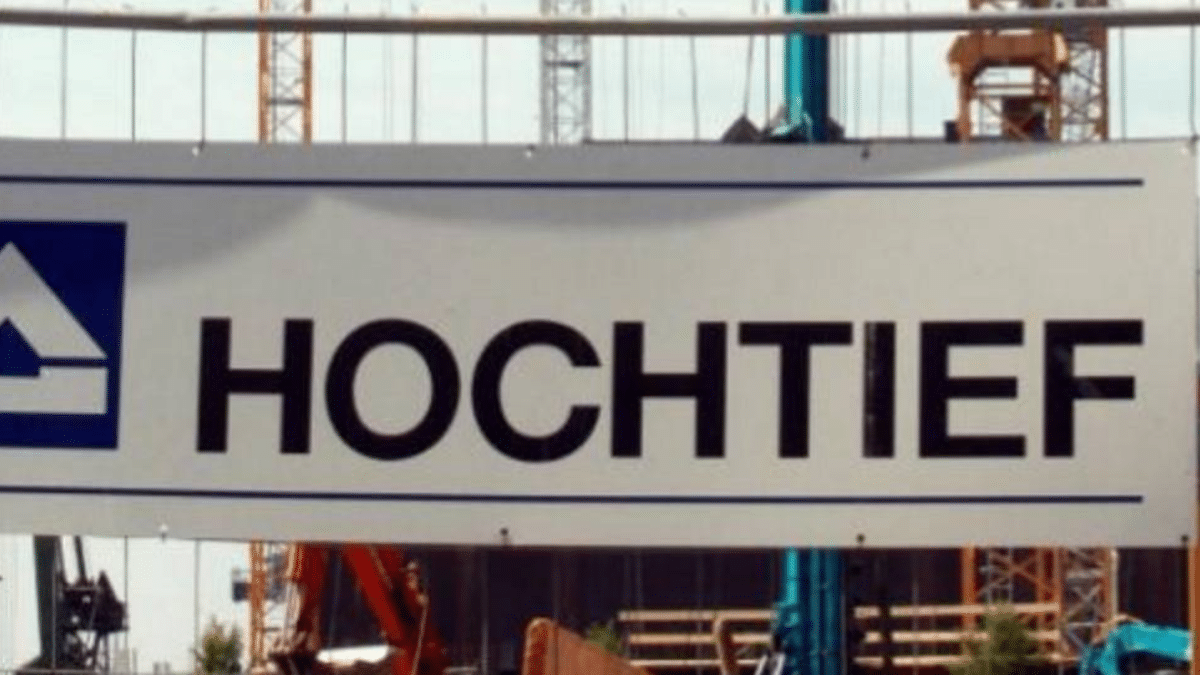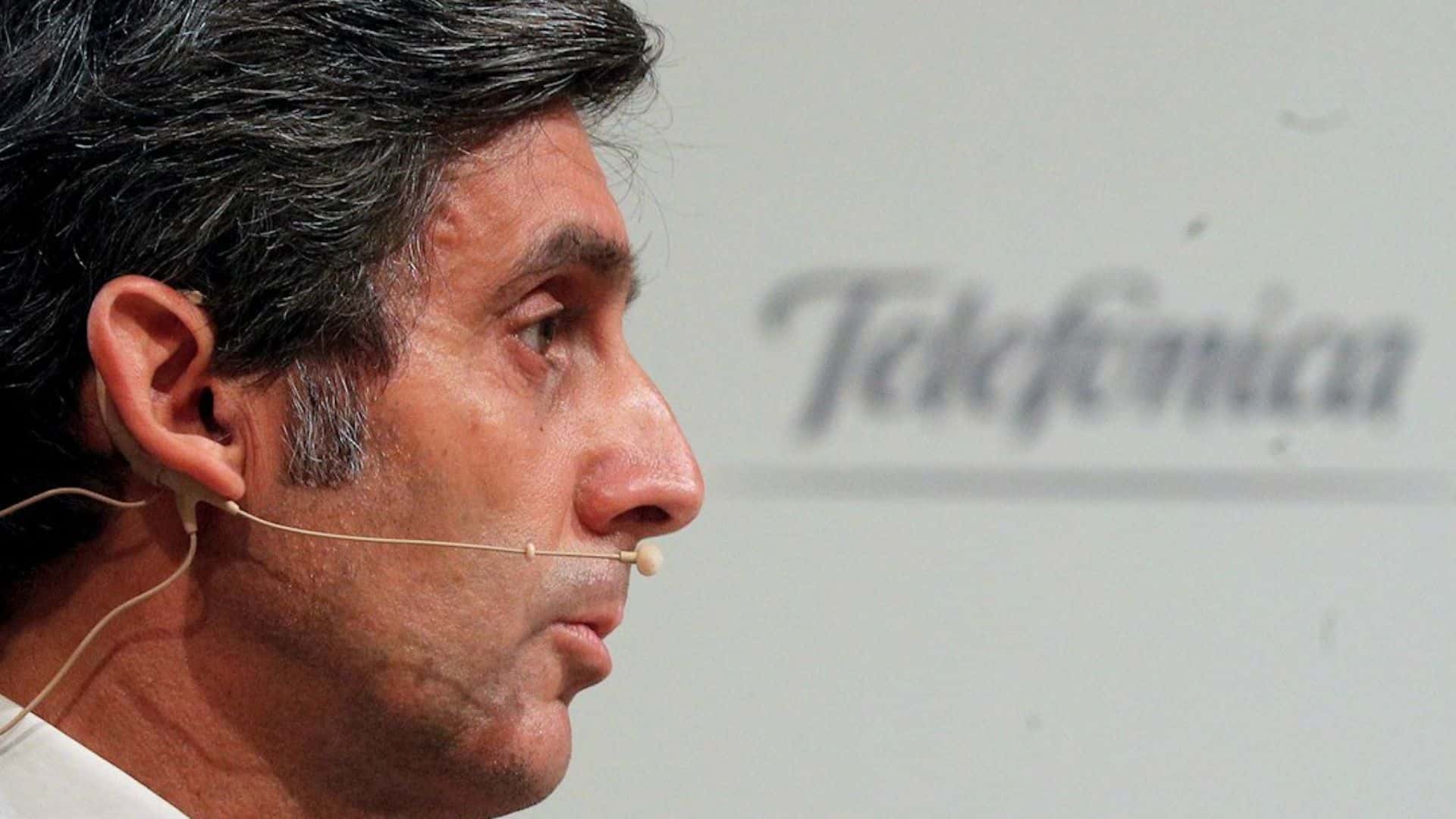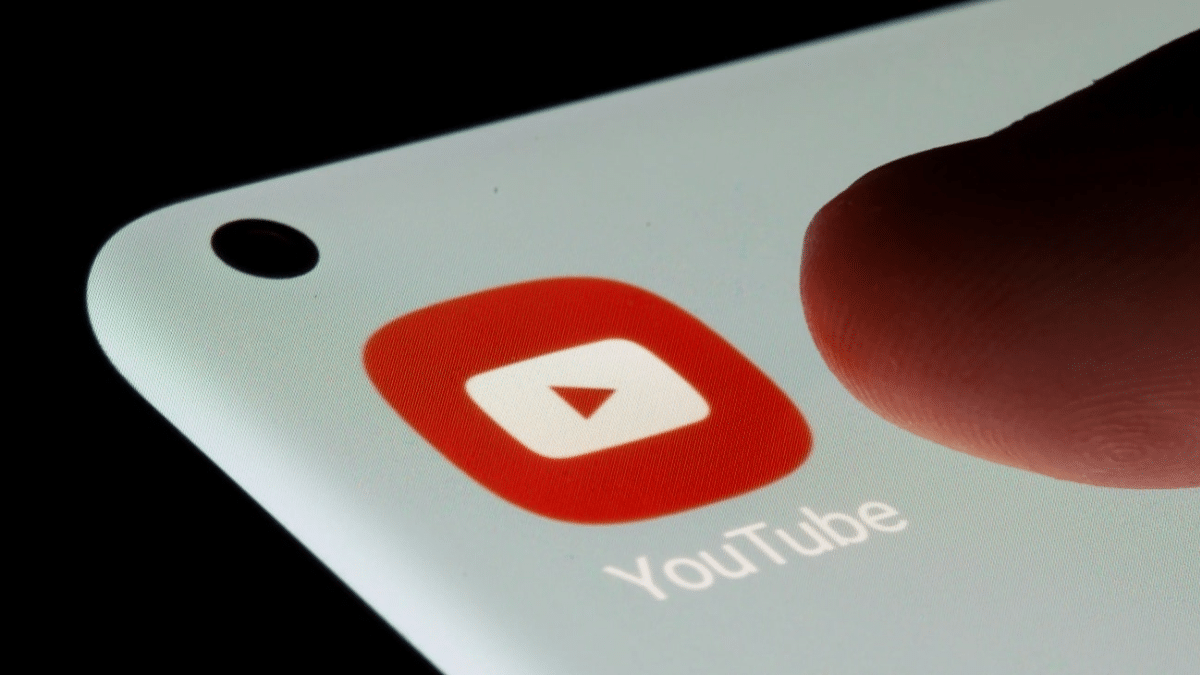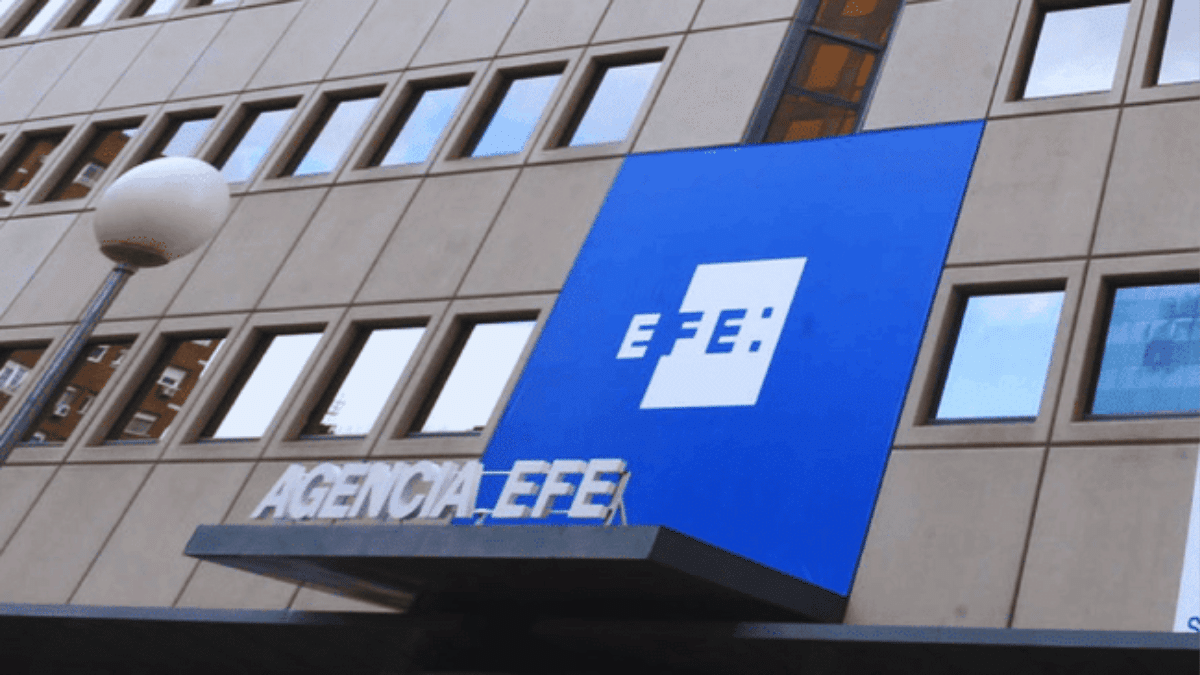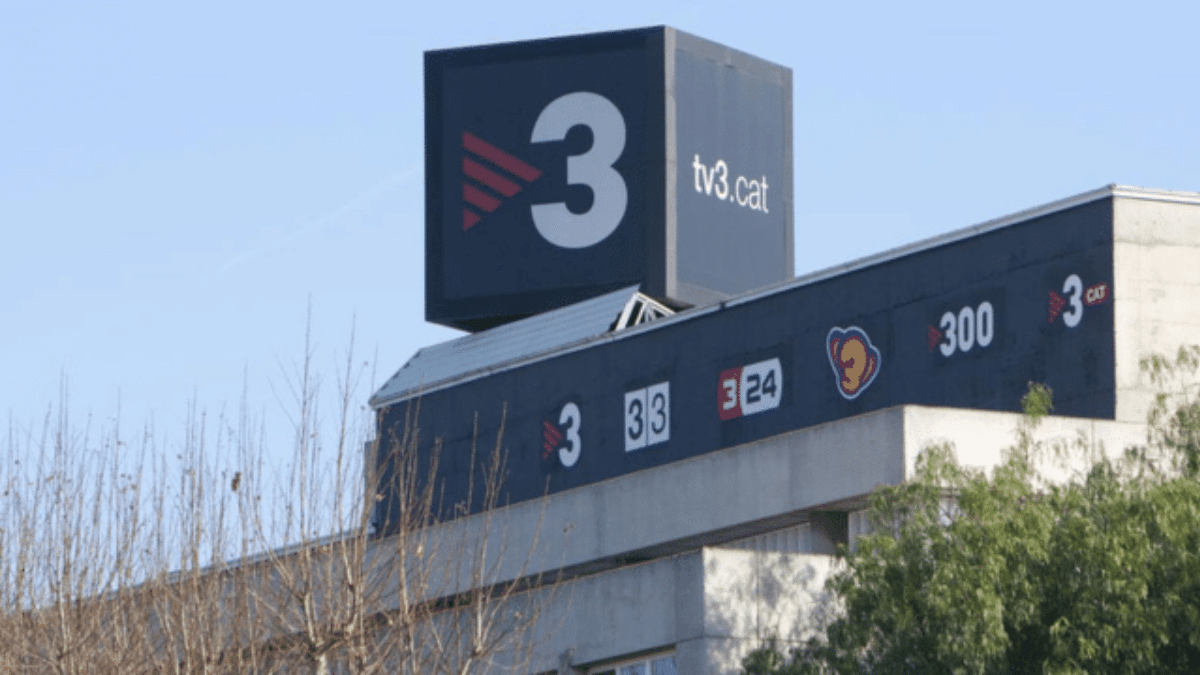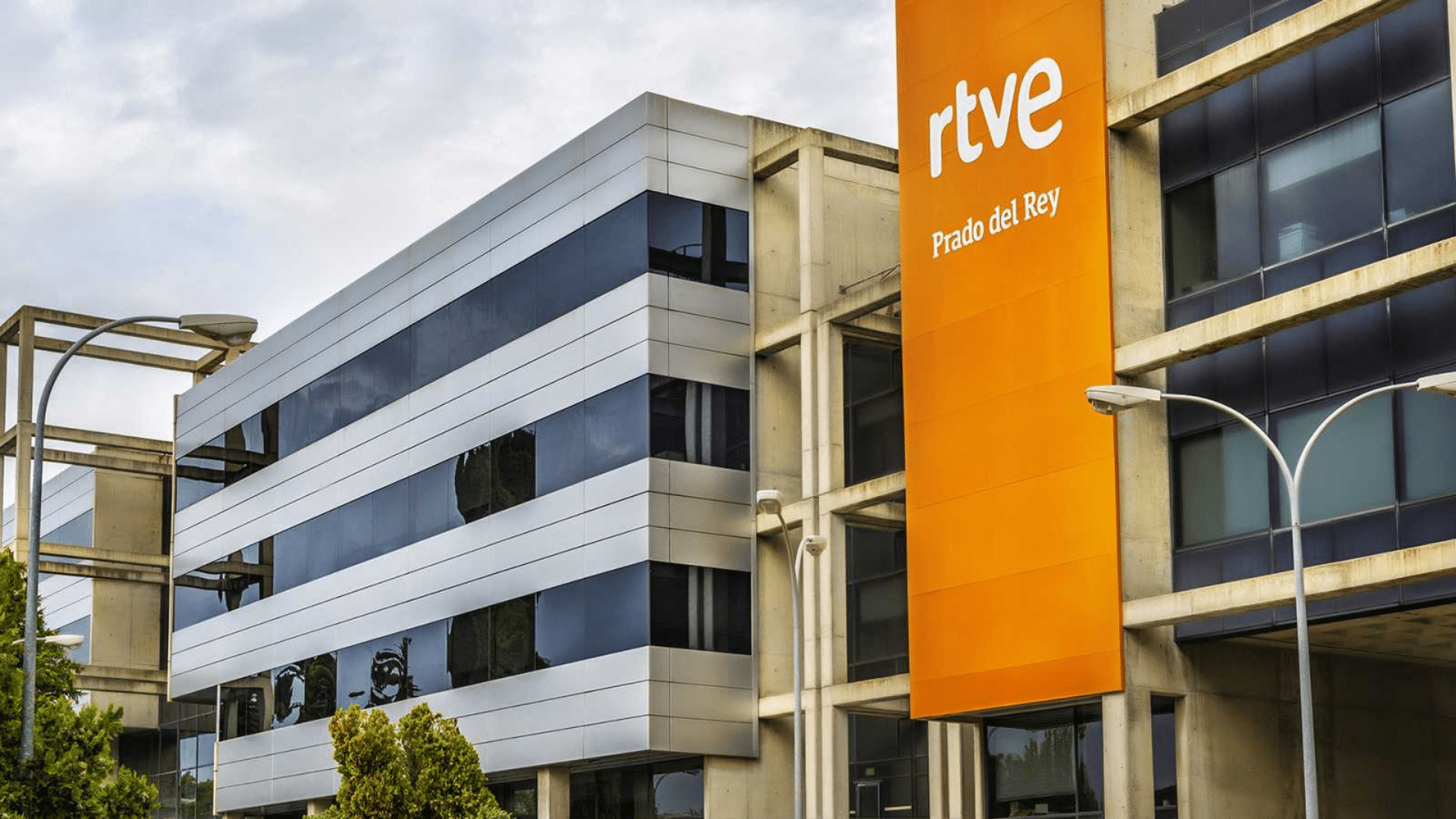
Most Spaniards reject the return of advertising to RTVE to avoid pressures
Spaniards want to maintain a public broadcaster without advertising to avoid commercial or economic pressures. This is according to La Gran Consulta, an initiative launched by the Corporation two years ago, under the presidency of José Manuel Pérez Tornero, to examine the tastes and expectations of the public regarding RTVE, the full results of which have been made available to this newspaper.
The study, which gathered the opinions of almost 140,000 participants, indicates that 68.8% agree that “RTVE should not have advertising funding and that this would allow the Corporation to better resist possible commercial and economic pressures”.
The public broadcaster stopped broadcasting advertising in 2010 to promote the “financial stability of the public media and the balance of the sector as a whole”, according to the then vice-president of the government, María Teresa Fernández de la Vega.
Thirteen years later and with a new General Law on Audiovisual Communication on the table -Law 13/2022- which has contemplated changes in the Corporation’s financing model, the proposal on the return of advertising, despite resonating punctually and being defended by the Spanish Association of Advertisers, would not satisfy citizens, according to the study.
More than half of citizens oppose RTVE buying rights to broadcast major sporting events.
The Great Consultation, orchestrated by the Corporation’s Director of Communication and Participation, María Eizaguirre, also opened the door to another juicy asset in its financing model: the purchase of sports broadcasting rights, which has a notable number of detractors. More than half of the participants (51.5%) are opposed to the Corporation buying the rights to broadcast major events.
The survey also shows that 9 out of 10 Spaniards (87%) believe that RTVE “should be accountable, but without subordination to the government or to any political party” and more than a third oppose giving priority to political party representatives in debates.
Preferred channels and content
Citizens expect the Corporation to guarantee a strong commitment to news programmes. This genre should be prioritised by 92.5% of respondents, followed by documentaries (87.6%), cultural content (86.4%), educational content (80.8%) and Spanish and European cinema (77.1%).
According to the survey, the content that arouses least interest is reality TV (9.6%), heart programmes (7.9%) and, in last place, talk shows about celebrities (7.13%).
The order of the most watched channels according to the survey is in line with the Kantar audience data published monthly by Barlovento Comunicación, with La 1 at the top (51.33%), followed by La 2 (40%), Canal 24h (21%), Teledeporte (12%) and Clan (7.5%).
However, the situation changes in radio, where there is no concordance between the spontaneous responses and the data from the General Media Study (EGM). In this area, the participants in La Gran Consulta admit that their favourite radio station is Radio 3 (18.2%), ahead of Radio 1 (15.07%) and followed by Radio 5 (12.85%).
On the other hand, the digital channel of young content Playz – the management’s big bet to attract new audiences – has a significantly low consumption (8.3%), according to a survey in which participants between 16 and 24 years of age accounted for 10%.
The vast majority of citizens (78.5%) are opposed to condoning verbal aggression on RTVE channels. However, 4.5% prefer to watch a public broadcaster that does.
On the other hand, RTVE is obliged to guarantee the use of the co-official languages in news and programmes. Half of Spaniards (50%) support this obligation, while 21.9% are opposed to it. Regarding the decentralisation of production, half agree (52.74%) and 15.21% reject it.
Culture and sports
The Grand Consultation also covers thematic surveys on music, sport and cinema under the slogan “the one you want”. From the first, it emerges that almost half (46.3%) think that there is a lack of concerts and festivals; one in five (21.1%) think that there is a lack of current music programmes and 14.5% think that the current musical offer is already sufficient.
In Sports, one in two participants (44.8%) consider that the time allocated to this information in the news programmes is sufficient and balanced with respect to the rest of the information, while almost a third (31.4%) believe that too much time is devoted to football.
When asked whether they consider RTVE’s sports commentators to be impartial, there is a tie between those in favour (28%) and those who think that they are often favourable to certain clubs (27.5%).
Regarding the consultation on cinema -which has counted on the opinion of industry representatives-, the study points out that for half of the participants (50%) RTVE should increase its contribution to Spanish cinema and become the main driving force of the Spanish audiovisual industry.
Furthermore, a large majority of participants (85.7%) believe that RTVE’s film information on Spanish cinema is scarce and should be more abundant in its programming.
Equality
On 8 March 2022, coinciding with the celebration of International Women’s Day, RTVE also launched the campaign La Gran Consulta de la Igualdad (The Great Equality Consultation), which was attended by 42.8% of women as opposed to 54.7% of men.
This indicates that one in four participants (26.9%) consider that the Corporation does not adequately reflect the presence of women in different areas (economic, social, artistic, cultural and political), and that almost a third (30.55%) believe that RTVE does not promote the equal presence of men and women in news programmes and analysis and debate programmes.
The Grand Consultation cost 1.2 million euros, according to this newspaper.
The transmedia campaign La Gran Consulta, the first of its kind in Spain, has generated a cost of 1.25 million euros, according to official sources, with a balance between internal (629,790 euros) and external resources (622,589 euros).
The largest item was personnel costs, which exceeded half a million euros, followed by offices and mobile studios (165,159 euros), advertising (109,802 euros), transport (98,525 euros), necessary for the route through 31 municipalities covered by a bus set, and technical resources (71,086 euros).
On the basis of these responses, the Corporation intends to draw up a white paper that will serve as the basis for a new mandate to determine the public service mission that the RTVE of the future should promote.

